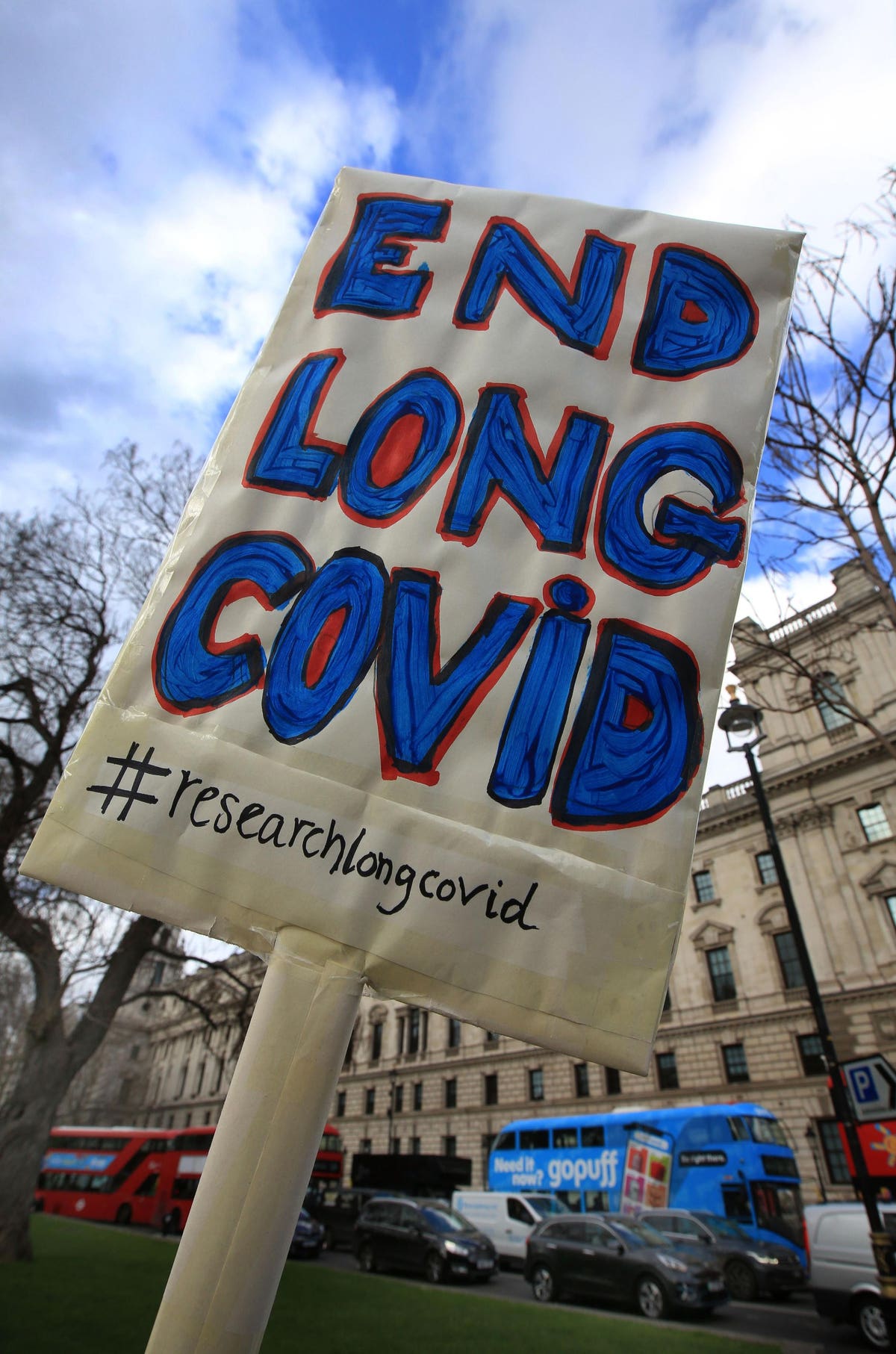Infection
Long Covid: 16% Of Patients Could Experience Symptoms One Year Post Infection
Around 16% of long Covid patients experience symptoms more than 12 months after a Covid-19 infection, according to a recent study. The symptoms that persisted for 12 months or more were most commonly head, eyes, ears, and nose related (5.9%), fatigue (3.5%), and gastrointestinal symptoms (0.3%). The study further highlighted that even among participants who tested negative for Covid-19, the prevalence of extreme fatigue was 6.8%.
“It was common for symptoms to resolve then re-emerge months later,” Juan Carlos Montoy, an associate professor at UCSF’s Department of Emergency Medicine and lead author of the study said in a press release. “A lot of prior research has focused on symptoms at one or two points in time, but we were able to describe symptom trajectory with greater clarity and nuance. It suggests that measurements at a single point in time could underestimate or mischaracterize the true burden of disease.”
“We were surprised to see how similar the patterns were between the COVID positive and COVID negative groups,” said Montoy. “It shows that the burden after COVID may be high, but it might also be high for other non-COVID illnesses. We have a lot to learn about post-illness processes for COVID and other conditions,” added Montoy in the press release.
Montoy and colleagues collected data from 1,741 adults who had experienced symptoms similar to Covid-19. Each one of them had taken either antigen tests or FDA-approved PCR tests at eight health care centers spread across the United States. Out of the 1,741, 1,288 tested positive for Covid and 453 tested negative. The participants then self-reported their symptoms at three-month intervals for an entire year. Around 67.4% identified as women and 72% of the participants were white.
From the 1,288 patients, 21% reported getting infected with Covid-19 again. And 38% of the 453 uninfected patients reported a new infection during the study’s one-year duration.
“By conducting serial measurements of emerging and ongoing symptoms, this study was able to ascertain that participants who were symptomatic at a given time point included participants with ongoing symptoms as well as those with emerging symptoms i.e., symptoms that were not present 3 months earlier,” the researchers wrote in their paper.
“The inclusion of participants with Covid-like illness and negative test results guides discussions on characterizing symptoms associated with post-Covid conditions. This differentiation adds nuance and clarity to the natural history of post-Covid conditions and characterizes the fluctuating nature of symptoms over time and recognizes that these symptoms are not unique to Covid-19 or to post-Covid conditions,” they noted. However, the team noted that a major limitation of the study is that they had no information related to which condition might have caused such acute symptoms in the participants who did not test positive for Covid.
“Cognitive difficulties and extreme fatigue were two common symptoms that emerged after 6 months and are often reported to occur with post-Covid conditions. Differentiating between symptoms that resolve and emerge over time helps to characterize post-Covid conditions and suggests that measurements at single time points underestimate or mischaracterize the true effects of disease,” the researchers added.
The findings were published in a Centers for Disease Control and Prevention publication called Morbidity and Mortality Weekly Report (MMWR).

